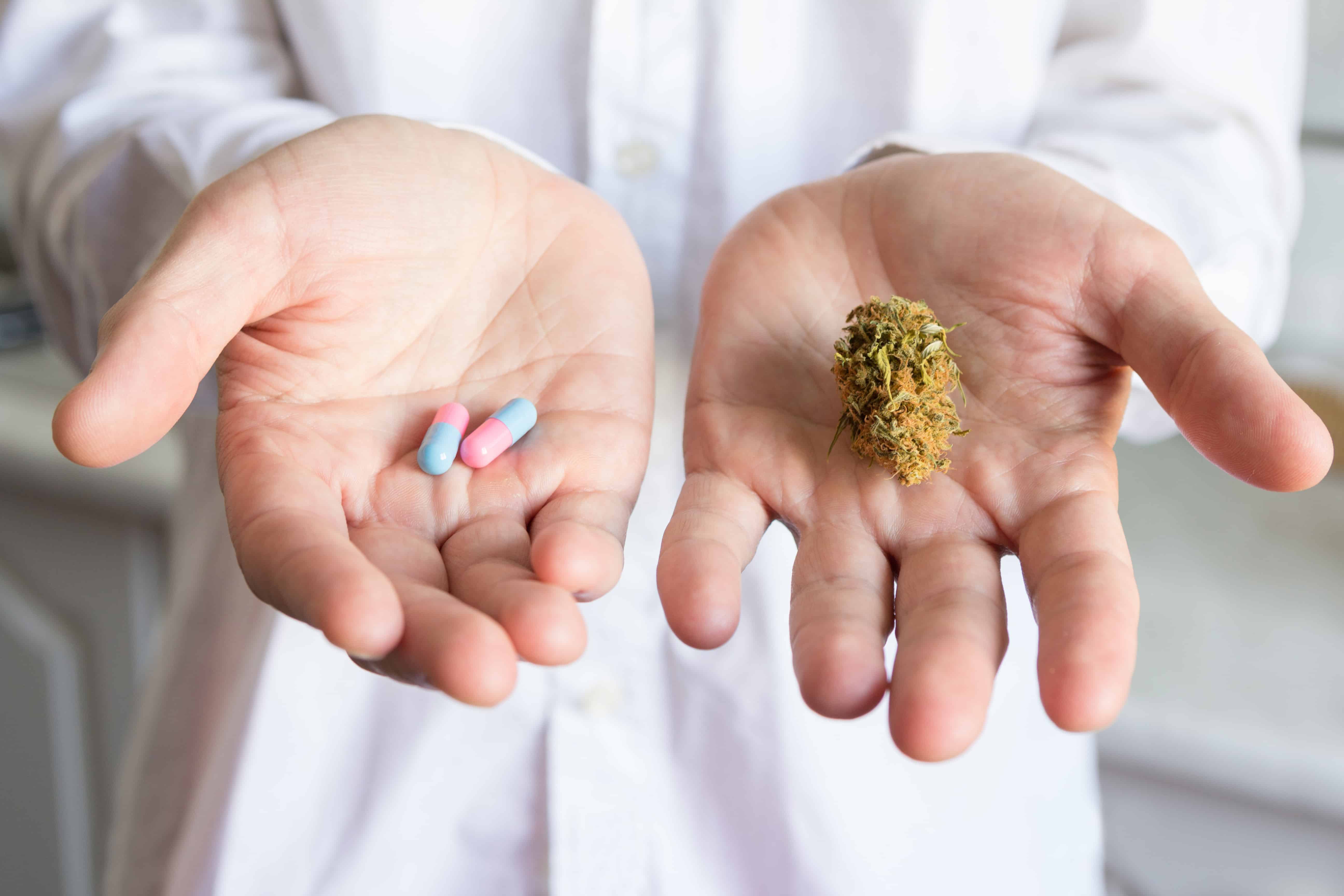PTSD and Cannabis
Post-Traumatic Stress Disorder (PTSD) is a psychiatric disorder that occurs in people who witnessed or have gone through a traumatic event. That can include events such as natural disasters, war/combat, a serious accident, or personal assault, among others. People suffering from PTSD have disturbing thoughts and feelings related to the traumatic event that can last months or even years.
According to the National Center for PTSD,
- About 7 or 8 out of every 100 people (or 7-8% of the population) will have PTSD at some point in their lives.
- About 8 million adults have PTSD during a given year. This is only a small portion of those who have gone through a trauma.
- About 10 of every 100 women (or 10%) develop PTSD sometime in their lives compared with about 4 of every 100 men (or 4%). Learn more about women, trauma and PTSD.
As more research has been conducted on the benefits of cannabis and the endocannabinoid system, we at Arfinn Med would like to share some of the current research regarding medical marijuana and the treatment of PTSD.
An article written by healthcareinamerica.us explains how cannabinoids such as THC and CBD can help patients suffering from PTSD:
“CBD and THC are capable of helping treat people suffering from PTSD by improving the endocannabinoid system’s mediation of essential functions including memory consolidation and retrieval. By activating CB1 and CB2 receptors located throughout this core system, cannabinoids could prompt the system to produce neurotransmitters that helps promote happiness, pleasure, and memory. These cannabinoids play a critical role in assisting PTSD cases by preventing the retrieval of the underlying trauma, effectively preventing traumatic memories and nightmares, while also helping attain emotional wellbeing. This has made it a popular treatment for PTSD patients, of which many are combat veterans.”
The article goes on to mention a research study conducted by NYU Langone Medical Center that found, “people suffering from PTSD have much lower levels of a neurotransmitter called anandamide than others. Anandamide is one of the body’s primary endocannabinoids, meaning natural cannabinoids produced by the body. These operate in a similar way to cannabis by stimulating the endocannabinoid system, which is responsible for core functions such as mood, happiness, fear, and anxiety.”
The state of New Mexico also conducted their own study on patients in their medical marijuana program who were suffering from PTSD. They found that there was a greater than 75% reduction in CAPS (The Clinician Administered Posttraumatic Scale for DSM-IV) symptom scores reported when patients were using cannabis compared to when they were not.
These studies, along with others concerning cannabis and patients with PTSD have accelerated the call for more research to be conducted. The San Diego VA recently announced that they will be conducting a 1.3 million dollar study on PTSD and cannabis, and more states are adding PTSD to their qualifying conditions list.
Arfinn Med’s clinical efficacy data on patients with PTSD echoes the above findings with an average efficacy score of 3.9 out of 5, which indicates a significant resolution of symptoms.

We at Arfinn Med look forward to more research being conducted on medical marijuana as it pertains to treating symptoms of PTSD, and also encourage anyone who wants more information to speak to their doctor to learn if this might be a viable treatment option for them.
References:
https://www.ncbi.nlm.nih.gov/pubmed/24830188
https://www.research.va.gov/currents/0219-San-Diego-VA-study-testing-cannabidiol.cfm
https://healthcareinamerica.us/cannabis-key-treating-ptsd-b4abf432215
https://www.psychiatry.org/patients-families/ptsd/what-is-ptsd






